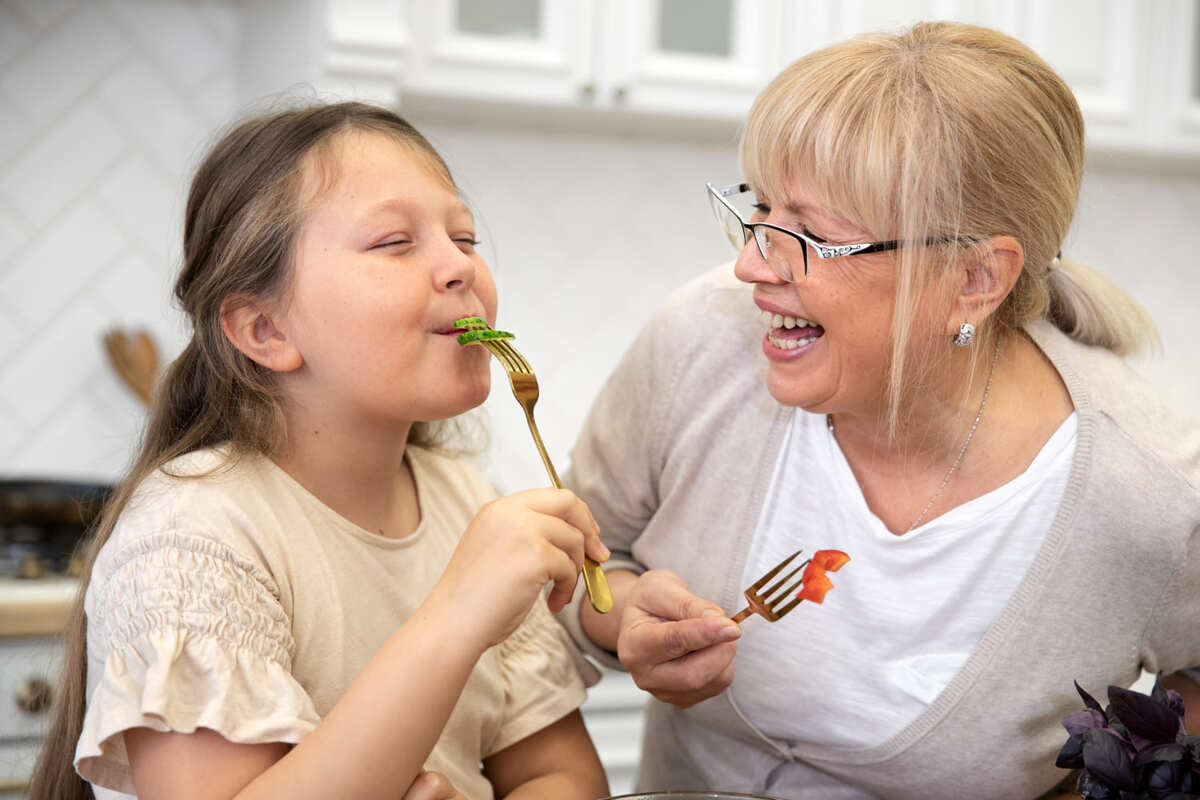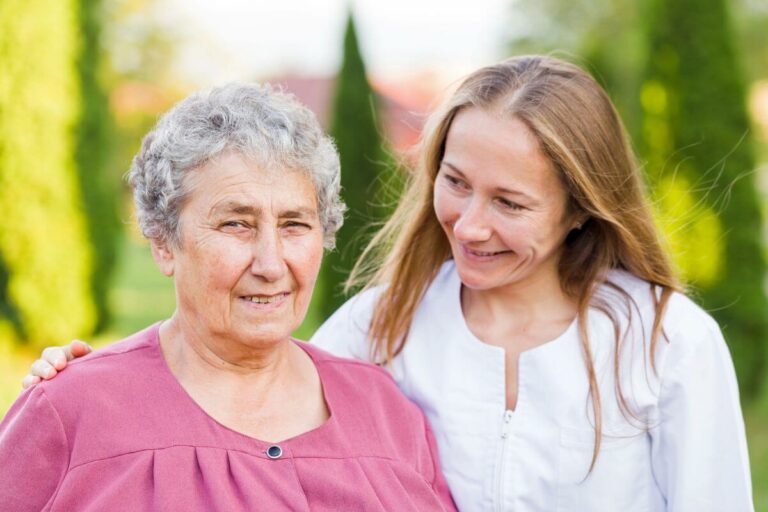10 Reasons Older Moms Are Raising the Most Resilient Kids and Why It Works So Well
If you’re curious about why kids of older moms often seem more adaptable and capable, you’re not alone. Raising resilient kids is a goal for many parents, but there’s something about the experience and approach of older moms that stands out.
Older moms tend to bring a unique blend of patience, perspective, and emotional support that helps kids handle life’s challenges more confidently. This article dives into the reasons why these qualities make a real difference in raising strong, flexible kids.
More life experience leads to better problem-solving skills
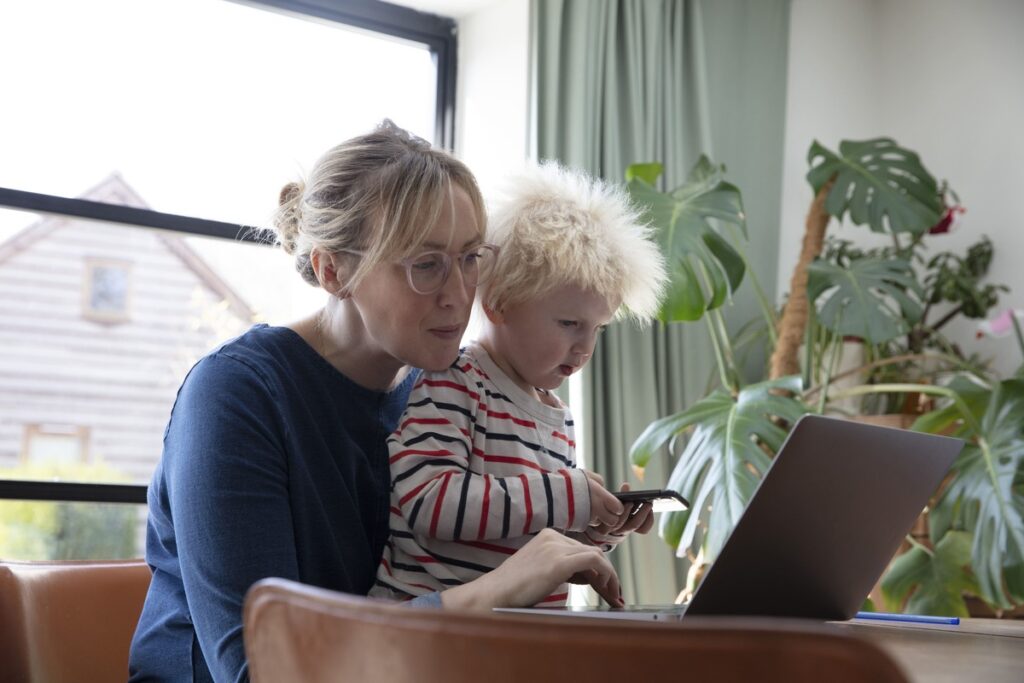
When you’ve faced a lot of different situations over the years, you learn how to handle problems more calmly. You don’t rush to panic but instead take a step back and think through your options.
Your experience helps you spot solutions that might not be obvious at first. You’re better at weighing outcomes and choosing the path that works best for your family. This means you provide a more stable environment for your kids.
Because you’ve been through ups and downs, you know how to adapt when things don’t go as planned. You teach your children how to stay calm and find answers, which builds their own resilience.
You also tend to find compromises faster. That skill helps reduce stress at home and models healthy ways to handle conflict for your kids.
Being able to navigate challenges with experience sets you apart. Your problem-solving skills create a solid foundation where your children learn how to face difficulties head-on.
Older moms tend to be more emotionally stable
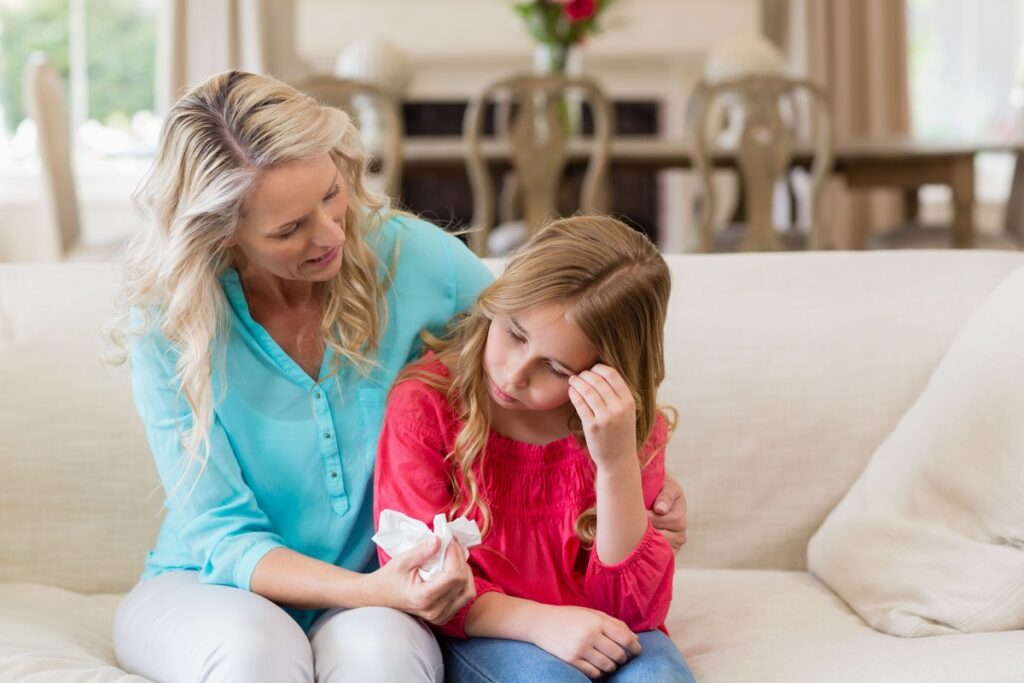
When you become a mom later in life, you usually bring a bit more emotional balance to the table. With more life experience, you’re often better at handling stress and staying calm in tricky situations.
This emotional stability means you’re less likely to react with frustration or anger. Instead, you can approach challenges with patience and understanding, which helps your kids feel safer and more secure.
Because you’re less worried about external pressures like job stress or earning potential, you have more mental space to focus on your child’s needs. This calm approach can lead to a more supportive and nurturing family environment.
Your emotional steadiness helps you create a home where kids learn to handle their own feelings better. Basically, your cool-headedness can teach your kids resilience just by example.
They often have stronger financial stability
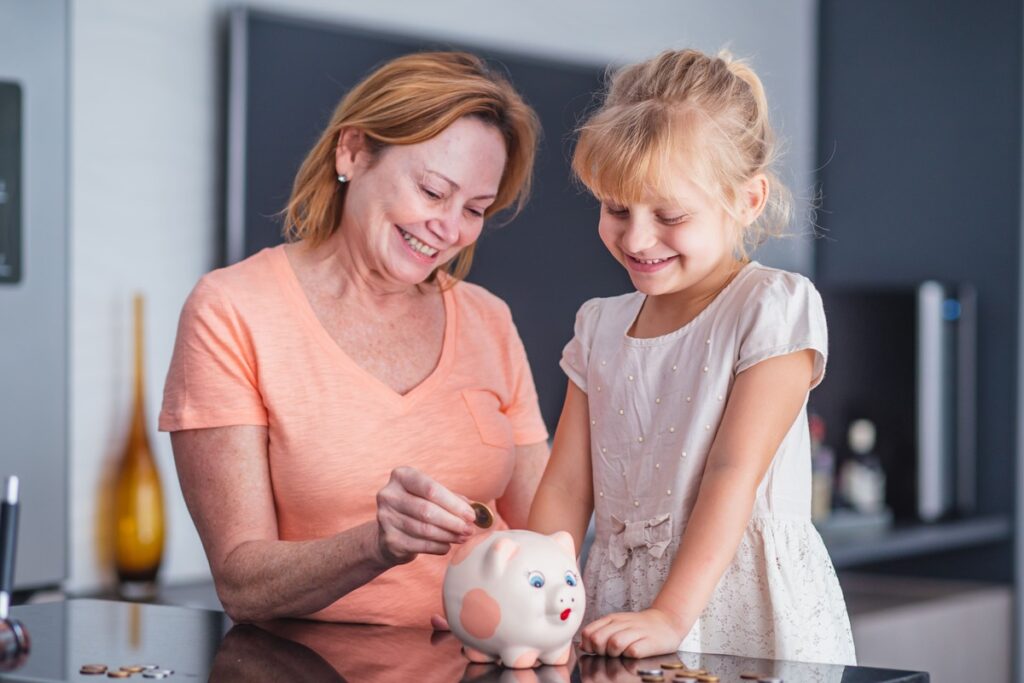
When you become a mom later in life, you’re likely to have more financial security. This means you can cover your child’s needs without constantly stressing over money.
Having that stability helps you provide a safe, comfortable environment. You can afford better childcare, extracurricular activities, and save for future expenses like education.
Because you’ve had more time to build your career, your income might be steadier. This can make day-to-day parenting smoother and give you peace of mind.
Financial stability also means you’re better prepared for unexpected costs. You won’t have to scramble when an emergency pops up, which makes your family life less stressful.
All in all, your stronger financial footing can give your kids a solid foundation to grow up in. It lets you focus more on being present and less on worrying about bills.
Patience levels are generally higher
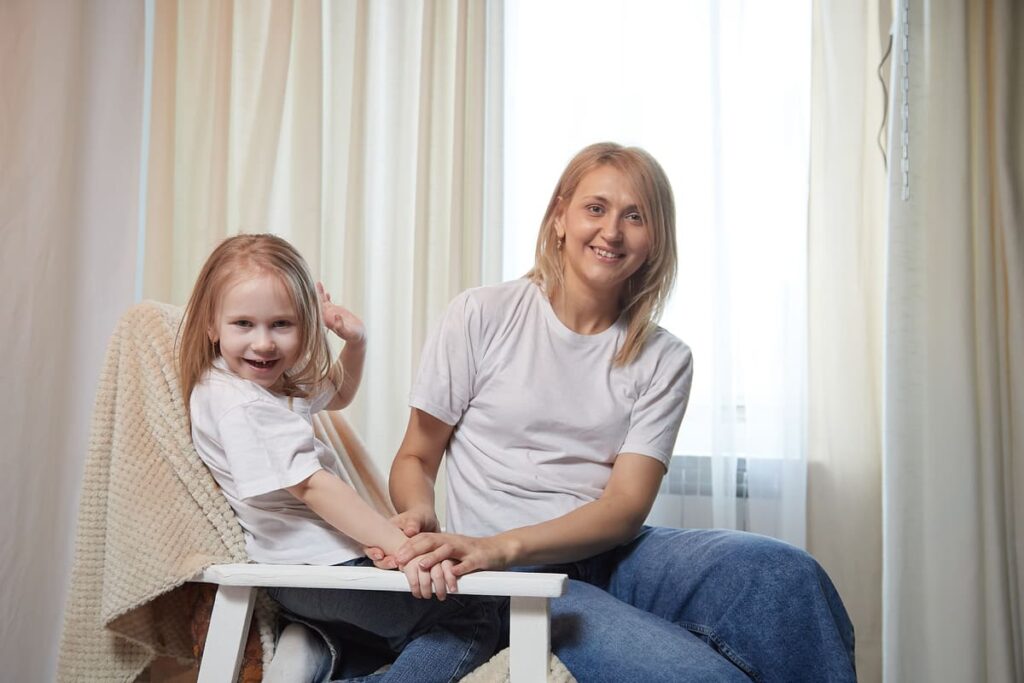
When you’re an older mom, you’ve often had more time to develop patience. This can mean you’re better at handling stress and staying calm during challenging moments with your kids.
You might find yourself more willing to listen and take a step back before reacting. That calm approach helps your kids feel safe and understood.
Because you’ve probably experienced more in life, you’re less likely to get easily frustrated by small setbacks. This kind of steady patience can teach your children how to manage their own emotions.
It’s also common for older moms to be more aware of their triggers. Knowing what wears on your patience helps you avoid mood swings and stay consistent with your responses.
That consistency is valuable for kids. When you respond calmly, you model resilience and help them learn how to deal with tough situations in a healthy way.
They focus on teaching kids resilience through failure
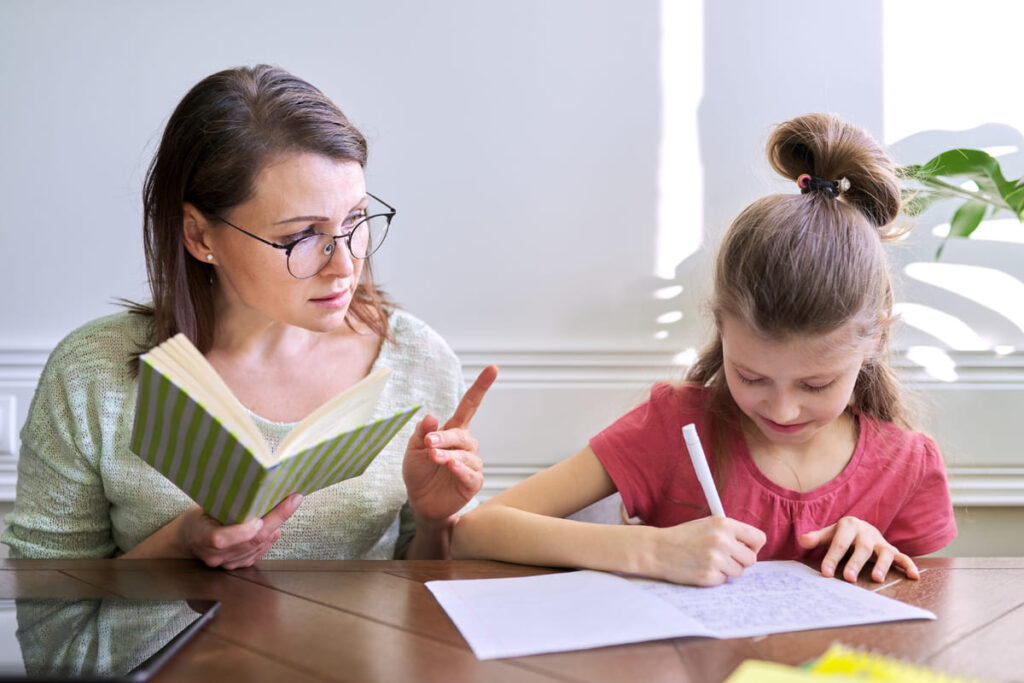
When you teach your kids that failure is just part of learning, you help them see setbacks differently. Instead of fearing mistakes, they learn to ask, “What can I do next time?” This shift builds their confidence and encourages a growth mindset.
You might talk with your child about what went wrong when things don’t go as planned. This kind of conversation helps them understand that failure isn’t the end, but a way to figure out new solutions.
Older moms often have the patience and experience to guide kids through these moments calmly. They create a safe space where kids feel okay to fail and try again without harsh judgment.
By focusing on learning from failure, you’re helping your child develop problem-solving skills. They become better at handling challenges and adapt quicker when life throws curveballs their way.
Better at setting consistent boundaries
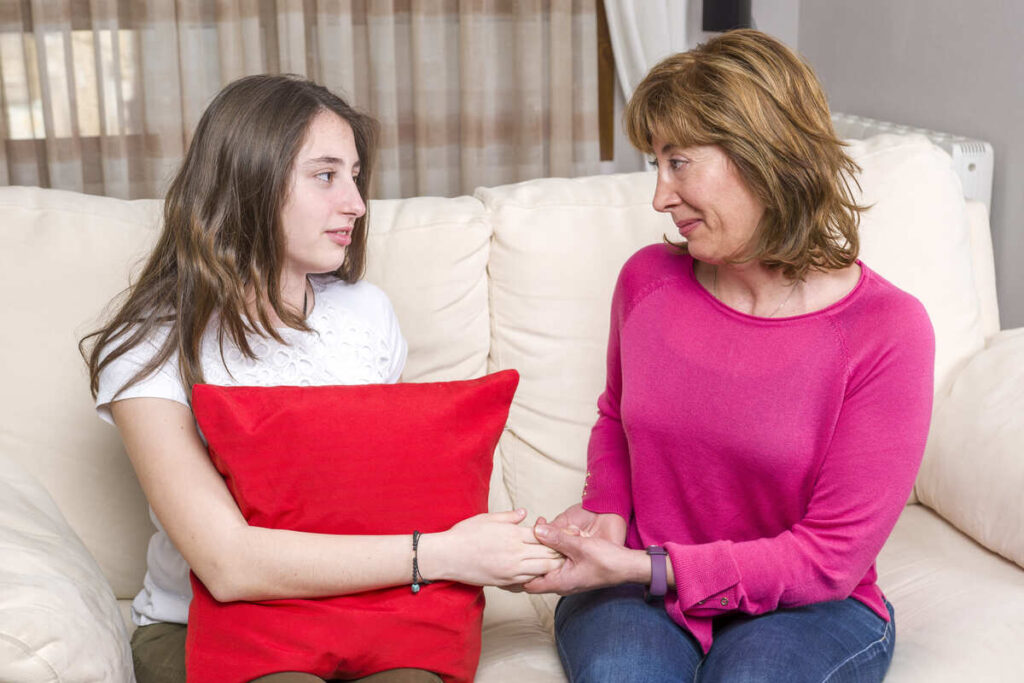
When you’re an older mom, chances are you’ve had more life experience to shape how you set boundaries with your kids. You’re often clearer about what you expect, which helps your children understand limits without confusion.
Consistency is key here. If your rules stay pretty steady, your kids feel more secure. They know what’s okay and what’s not, which builds trust and respect.
You also tend to balance firmness with empathy. This means you explain why rules exist, so your kids don’t just follow them blindly—they actually get it.
Because you’re less worried about upsetting your kids, you’re more confident in enforcing those boundaries. That confidence makes a difference in how your kids respond and grow.
Setting consistent boundaries helps teach your children responsibility and respect for others, skills that stick with them as they face challenges later in life.
More likely to encourage independence
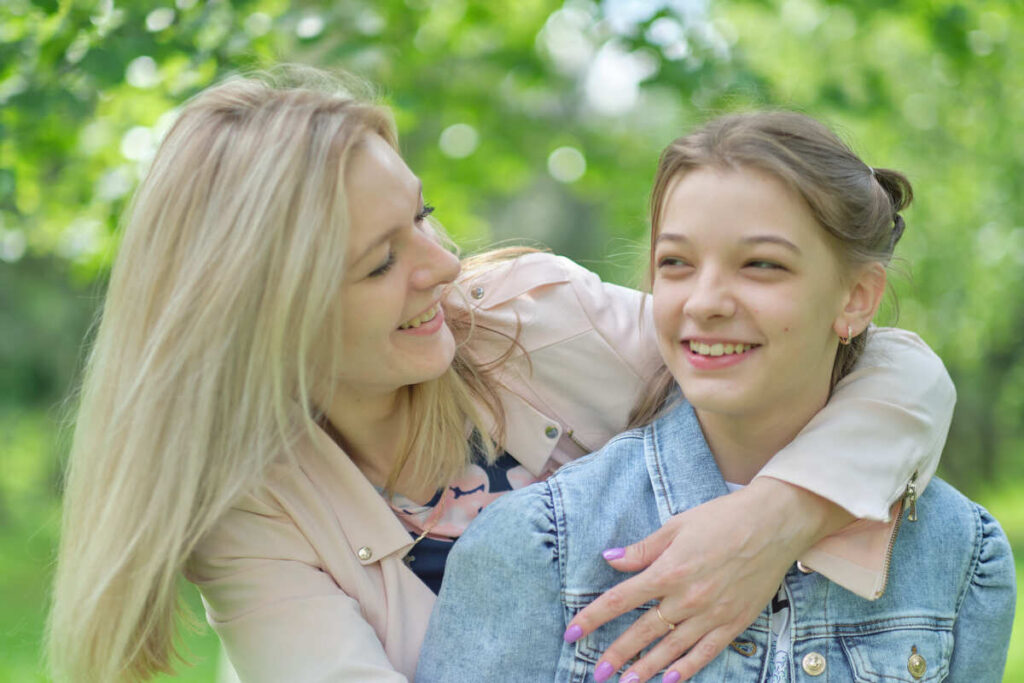
When you’re an older mom, you often have more patience to let your kids figure things out on their own. You don’t rush in to solve every little problem, which helps your kids learn how to handle challenges independently.
You tend to trust your child’s abilities more because you’ve had time to reflect on what matters in parenting. That trust encourages them to take risks and make decisions, building confidence step by step.
Also, you’re less likely to stress over social pressures or comparisons. This lets you focus more on nurturing your child’s unique strengths instead of hovering or micromanaging their every move.
Giving your kids space to explore and make mistakes helps them develop important life skills. Ultimately, you’re setting up your kids to be more self-reliant and capable of managing life’s ups and downs on their own.
Tend to model calm responses to stress
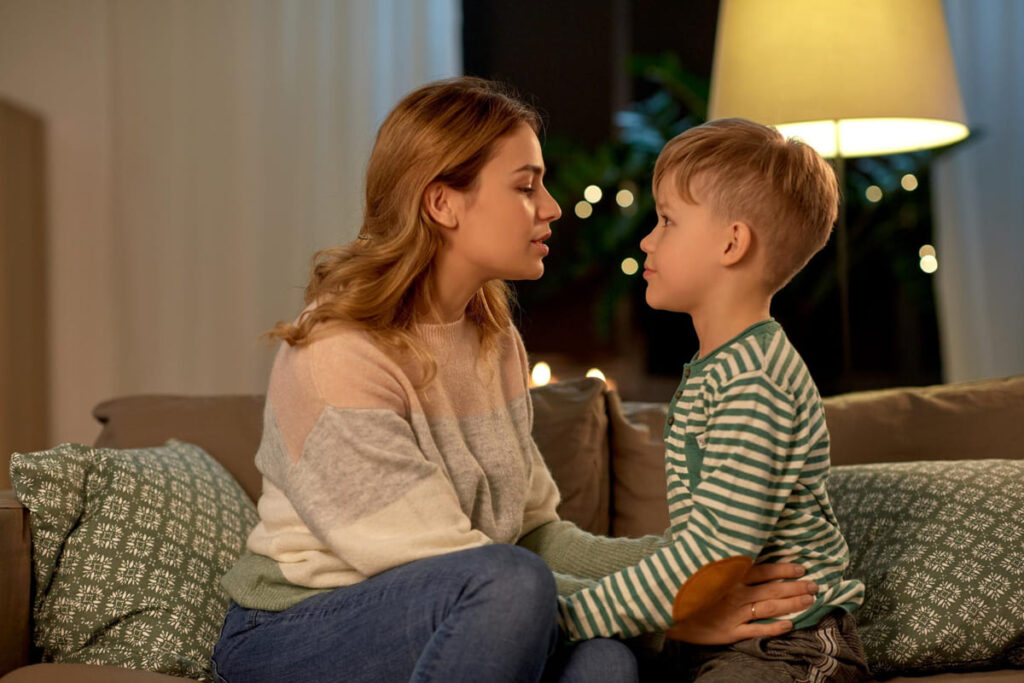
When you stay calm during stressful moments, your kids pick up on that. They learn that handling challenges without panicking is possible.
You don’t have to have everything figured out, but showing that you can breathe through tough situations teaches them to do the same.
Older moms often bring more life experience to the table, which helps you keep your cool. This steady approach helps your kids feel safer, even when things get hectic.
By reacting calmly, you also reduce household tension. Your kids notice the difference and are more likely to mirror your calm when facing their own problems.
This modeling helps build their emotional resilience. When they see you manage stress, they learn how to manage it too, which is a valuable skill for life.
Often more present and attentive
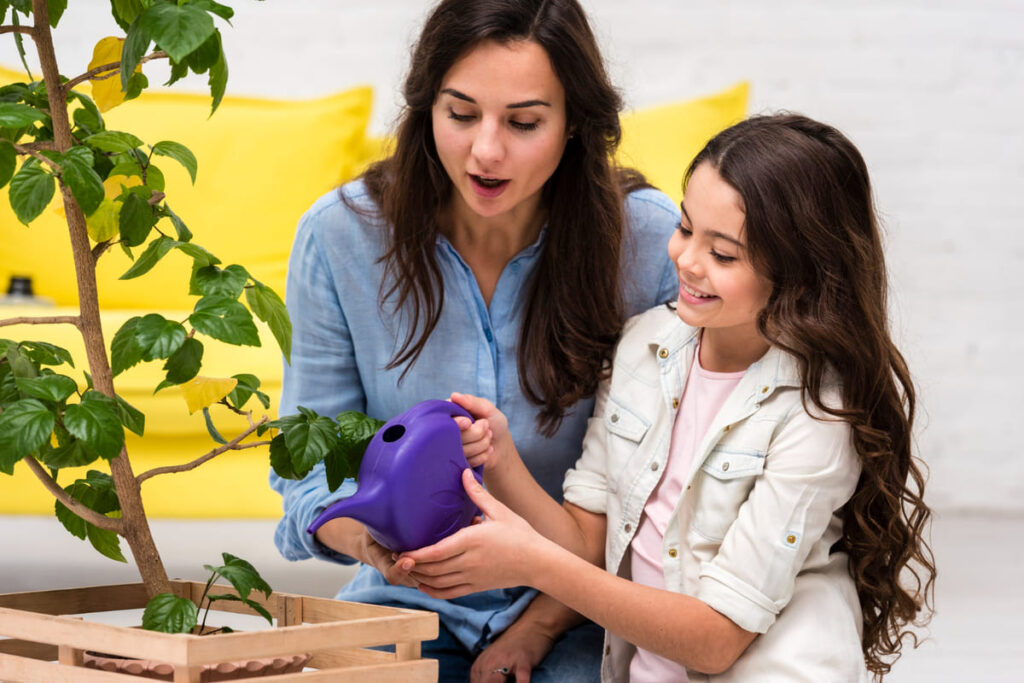
When you’re an older mom, you tend to have fewer distractions pulling you away from your kids. You might be more focused on quality time because you understand how precious that time is.
You’re likely more patient, which helps you listen better and respond thoughtfully. This attention can create a stronger bond with your child and build trust.
Many older moms prioritize being emotionally available. You notice the little things, like changes in mood or behavior, and that can help you support your child’s resilience.
With more life experience, you often balance your own needs with your child’s better. This means you can stay calm during stressful moments, helping your kids learn how to handle challenges too.
More likely to promote healthy emotional expression
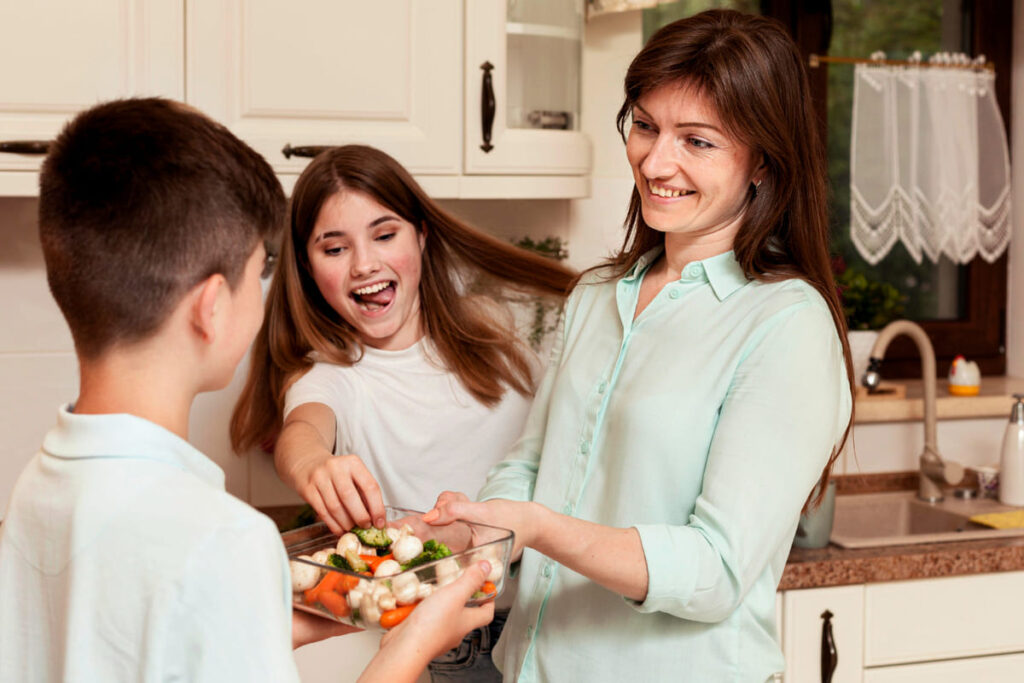
When you’re an older mom, you tend to have more patience and emotional maturity, which can help you encourage your kids to express their feelings openly. You’re more likely to create a safe space where your child feels comfortable sharing emotions, whether they’re happy, sad, or frustrated.
You probably understand the value of talking through emotions because of your own life experiences. This helps your child learn to recognize and manage their feelings in a healthy way instead of bottling them up or acting out.
Also, you might be less likely to react harshly when your child shows strong emotions. Instead, you guide them calmly, which teaches them that it’s okay to feel things deeply and respond thoughtfully. This kind of support builds emotional resilience over time.

